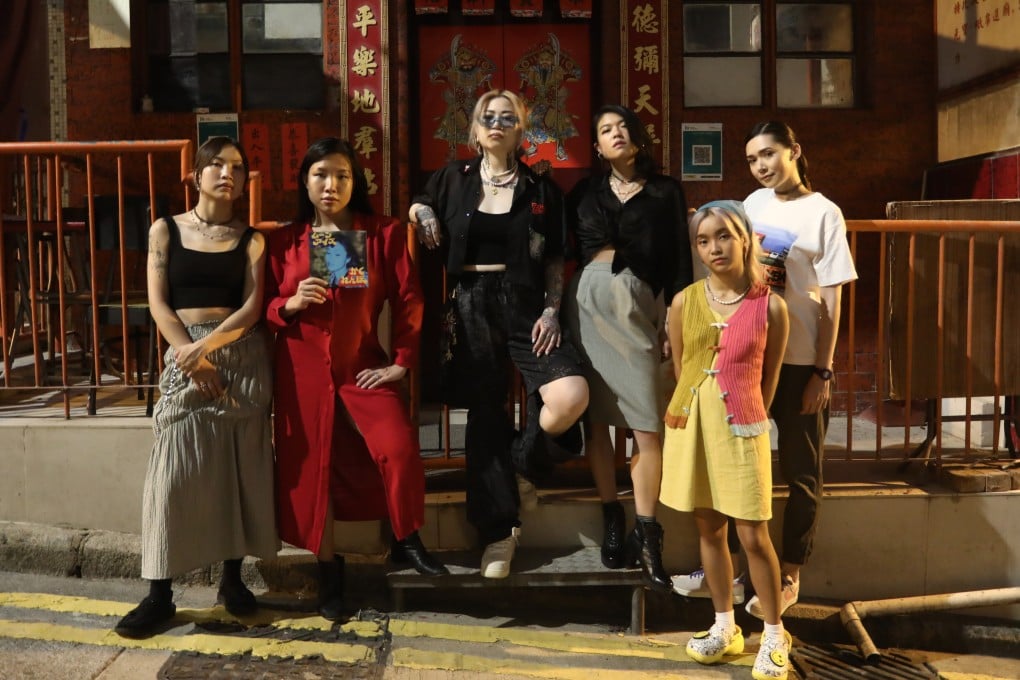Seven women independent musicians in Hong Kong on how music empowers them
- We talk to seven young women about what it’s like to be female in the Hong Kong music scene, and how they feel empowered and able to empower others
- From facing the ‘male gaze’ to being judged on their looks to assumptions they owe their success to men, they are fighting prejudice and bucking stereotypes

There is no better time to shine a light on the Hong Kong independent music scene than now.
The anti-government protests of 2019, the coronavirus pandemic and isolation brought about by the stringent social distancing restrictions have helped cultivate a stronger cultural identity in young people in the city, while a new generation of assured, creatively confident artists has emerged.
For the women who are taking over the scene, it means celebrating their talent while grappling with legacy issues still prevalent in the local music industry, such as sexism and an overall lack of representation.
The Post spoke to seven female independent musicians who are making a difference and blazing the trail for others.
Moon Tang
The 23-year-old singer and songwriter describes herself as a positively chaotic ball of energy and an outsider who never really caught up with the restless rhythm of Hong Kong.
